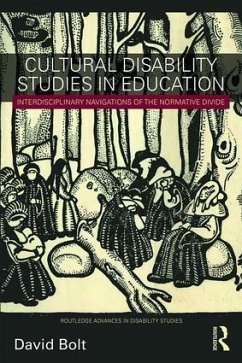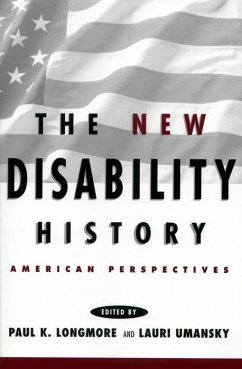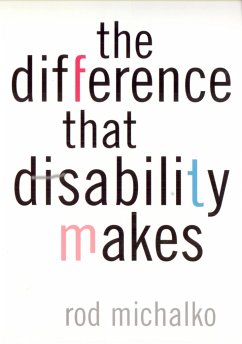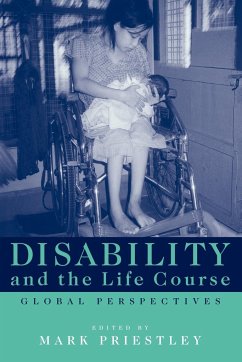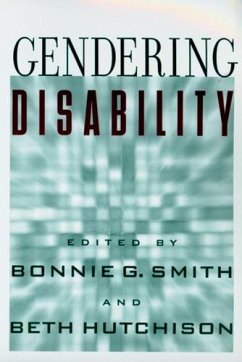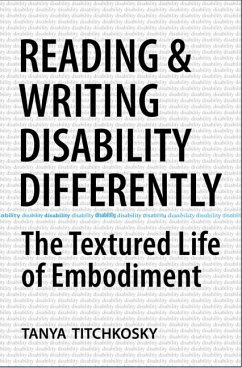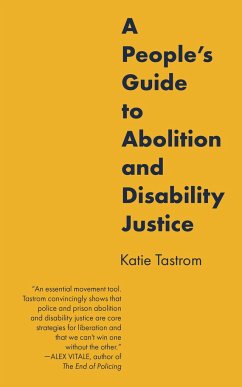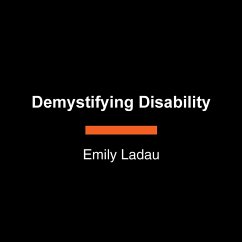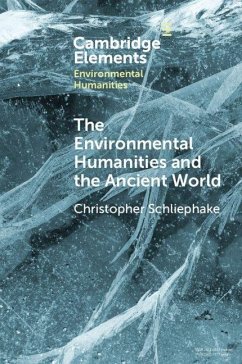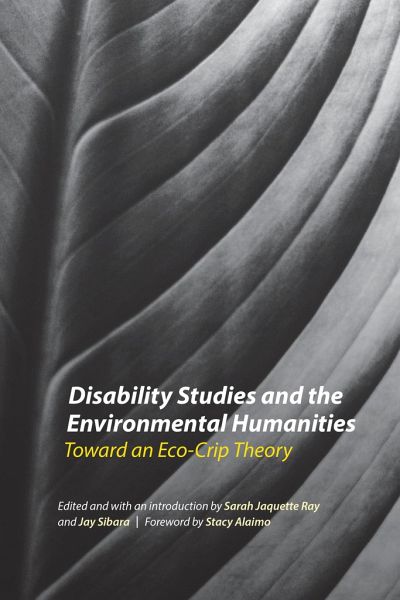
Disability Studies and the Environmental Humanities
Toward an Eco-Crip Theory
Herausgeber: Ray, Sarah Jaquette; Sibara, Jay
Versandkostenfrei!
Versandfertig in über 4 Wochen
38,99 €
inkl. MwSt.
Weitere Ausgaben:

PAYBACK Punkte
19 °P sammeln!
Although scholars in the environmental humanities have been exploring the dichotomy between “wild” and “built” environments for several years, few have focused on the field of disability studies, a discipline that enlists the contingency between environments and bodies as a foundation of its scholarship. On the other hand, scholars in disability studies have demonstrated the ways in which the built environment privileges some bodies and minds over others, yet they have rarely examined the ways in which toxic environments engender chronic illness and disability or how environme...
Although scholars in the environmental humanities have been exploring the dichotomy between “wild” and “built” environments for several years, few have focused on the field of disability studies, a discipline that enlists the contingency between environments and bodies as a foundation of its scholarship. On the other hand, scholars in disability studies have demonstrated the ways in which the built environment privileges some bodies and minds over others, yet they have rarely examined the ways in which toxic environments engender chronic illness and disability or how environmental illnesses disrupt dominant paradigms for scrutinizing “disability.” Designed as a reader for undergraduate and graduate courses, Disability Studies and the Environmental Humanities employs interdisciplinary perspectives to examine such issues as slow violence, imperialism, race, toxicity, eco-sickness, the body in environmental justice, ableism, and other topics. With a historical scope spanning the seventeenth century to the present, this collection not only presents the foundational documents informing this intersection of fields but also showcases the most current work, making it an indispensable reference.




